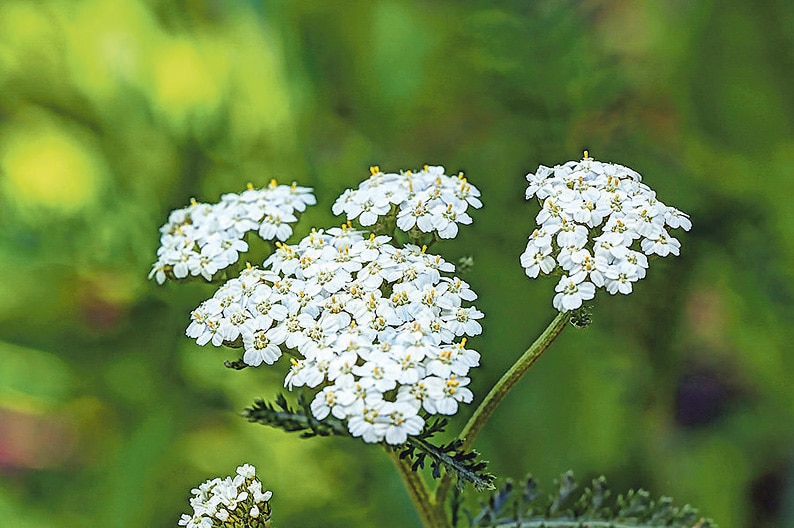One of the most important things you’ll purchase this summer is a safe, effective sunscreen. But how to choose which to go for? Do you know that there are two completely different types of sunscreen, chemical and mineral? What is the difference between mineral sunscreen and chemical sunscreen and why is it important?
Just like the chemicals we spray on the land get into the rivers and into the sea, the chemicals we spray on our bodies get into our blood and into our organs. So in Organico we are very aware of the importance of knowing that what we spray on our skin is safe, not just that it’s not going to give us a rash but that it’s safe when it’s absorbed.
You’d hope that products like sunscreen would be comprehensively tested for safety, but a quick research shows otherwise. While they may be tested for skin reactions (though not always), they are definitely not tested for their effects inside our bodies.
Most of us can spend a small amount of time in the sun without an SPF and benefit from the boost of vitamin D. But for extended periods in the sun (and we’re hoping for lots of those now that it’s summer) and for people with fragile, sensitive skin, it’s absolutely vital to have a good sun protocol that includes hats, sunglasses, cover-ups, and effective sunscreen.
Most mainstream sunscreens — the type you’ll commonly find in a supermarket — are chemical sunscreens. They’re made of a carbon-based compound that penetrates the skin. They work by absorbing UV rays into the skin, changing the rays into heat, then releasing that heat from the skin. They are easy to apply and cheap to produce, but there are a few very concerning things about these types of sunscreens.
Because they create heat in the skin, they can irritate sensitive or compromised skin, particularly skin affected by rosacea. They’re also linked to a higher rate of breakouts in people with acne-prone skin. Also, by inviting UV rays into the deeper layers of skin, they create the possibility for those rays to damage the skin below its surface.
And if that wasn’t worrying enough, there’s also evidence that chemical sunscreens disrupt hormone production in females and males of all ages. One very common active ingredient in chemical sunscreen, oxybenzone, has been associated with increased risk of endometriosis in women, weakened sperm quality in men, skin allergies, hormone disruption, and cellular damage.
Luckily, there are some safe and effective alternatives on the market, which are known as Mineral Sunscreens because of the way they work. The two main active ingredients in Mineral Sunscreens are zinc oxide and titanium dioxide, both declared safe by the FDA. Mineral sunscreens are formulated out of tiny mineral particles that sit on top of the skin where they deflect and scatter UVA and UVB rays away from the skin. Unlike chemical sunscreens, they don’t create heat (making them better for people with sensitive skin) and they don’t penetrate the skin (so they’re less likely to clog pores and cause hormonal disruption).
After you choose which type of sunscreen you want to use (mineral or chemical) you then need to consider which strength (SPF). The thing about SPF (or ‘Sun Protection Factor’) is that the sunscreen industry wants us to believe the higher the number the better, but experts argue that anything above SPF 50 offers only a marginal amount of extra protection, and can actually lull us into a false sense of security.
If you’ll be out in the sun for a while, on the beach say, Cancer Research UK suggests wearing an SPF 15 or higher and generously reapplying it at least every two hours, for best all round protection. That way you also re-apply after sweating or swimming. Reapplying a lower SPF cream can be better than applying a high factor once and hoping it will protect you all day.
According to the European Working Group (who have a whole article on the dangers of high SPFs): “When used correctly, sunscreen with SPF values in the range of 30 to 50 will offer adequate sunburn protection, even for people most sensitive to sunburn.” So you don’t need to buy super high SPFs, you just need to be sun smart and use your products correctly.
Our favourite natural, mineral sunscreen brands include Green People, Organii, Lovea, Weleda and Badger. And the quality is getting better and better – the latest one we got in, Lovea, is light and easily absorbed and doesn’t leave the skin at all white and greasy. We have facial creams, baby and children’s creams and sun creams for all skin types. So you don’t need to take the risk with chemical laden sunscreens for your family this summer – just call in or visit www.organico.ie and see what’s available.
Organico Shop Deli & Bakery is open from 9-6pm Monday-Saturday, on Glengarriff Road in Bantry. Call us on 027 51391; email us on info@organico.ie and buy online from us on www.organico.ie.



